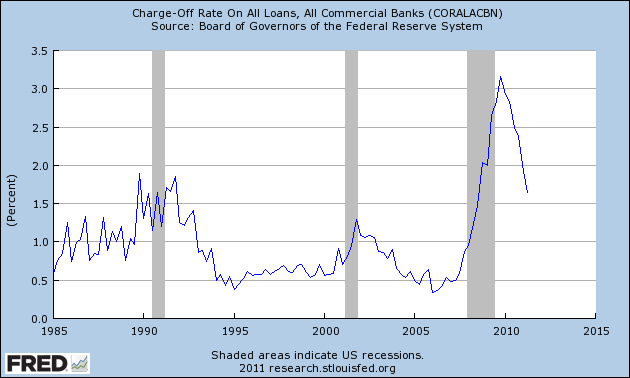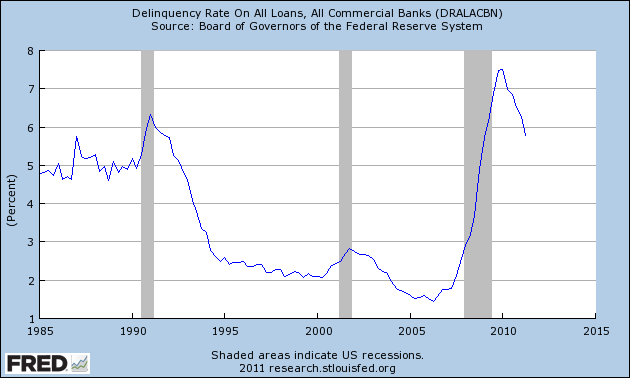expat_panama
Gold Member
- Apr 12, 2011
- 3,899
- 814
- 130
Whoa, when people are lost they usually decide to stop, look, listen, and think. Try this:Lost me already. $1 pending? Meaning what? A million dollar mortgage means......Let's start with how a CDS can work in real life. A bank pays an underwriter to guarantee repayment of a $1M mortgage that only has $1 pending....
A bank loans a $half million to someone buying a $M property; the bank gets title to the $1M property and borrower gets a $half million debt and can use the place while the mortgage's being paid. Then the borrower pays back $499,999 while the bank pays an underwriter to guarantee repayment of the balance of the $1M mortgage that now has only has $1 to be paid. If the UW turns around and sells the CDS to a broker that bundles it into a package and the note ends up showing up on a million ledgers, then we've got a 'notional value' of a trillion dollars. The instant the last $1 is paid and the mortgage is canceled, it voids each of the CDS's and the entire $T 'notional value' disappears.
Really no point in anyone getting a bee in their pantyhose over this '$707,568,901,000,000 notional value', although I'll concede that some poeple just want to run up and down the street in their pantyhose and the reason's never that important.
Last edited:

